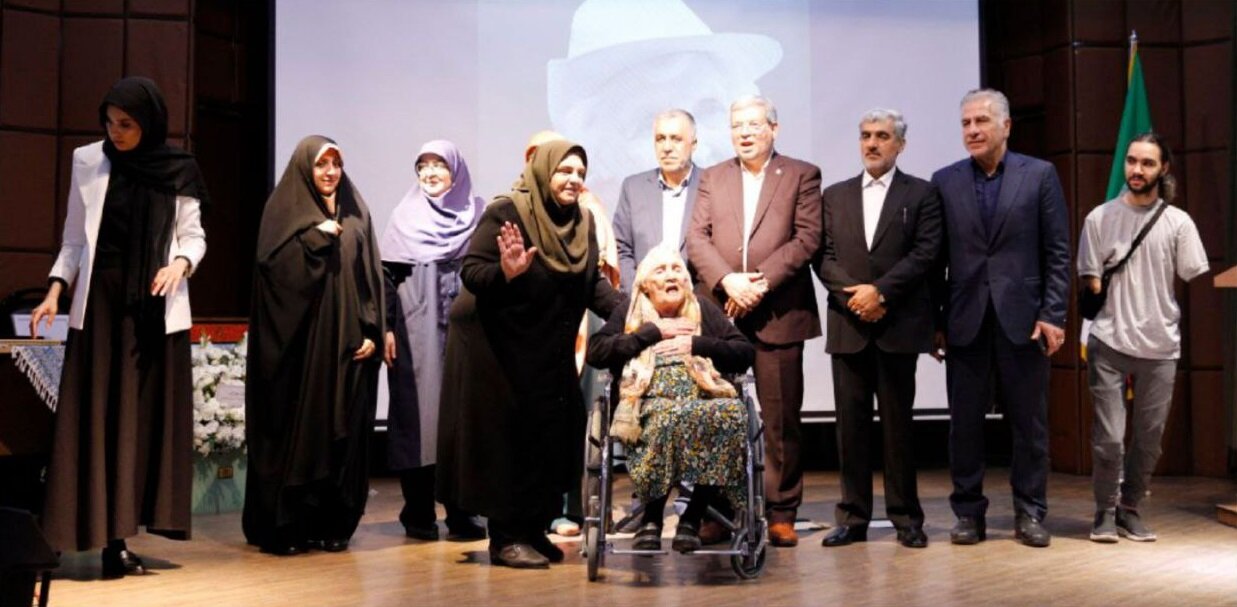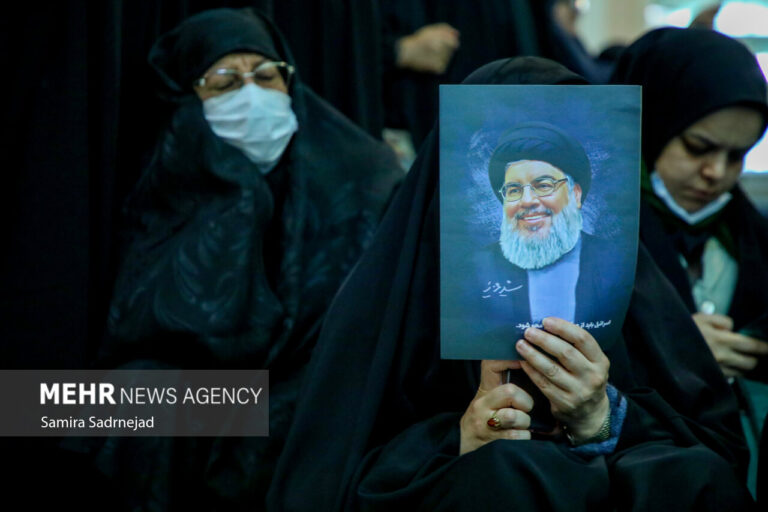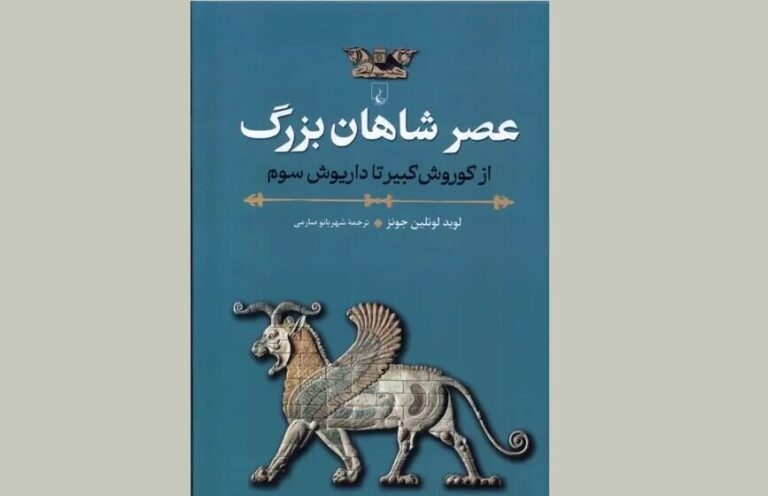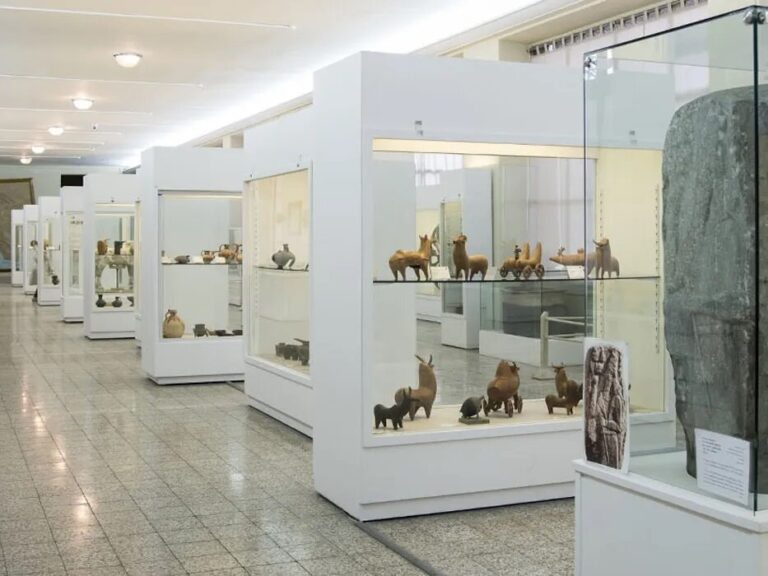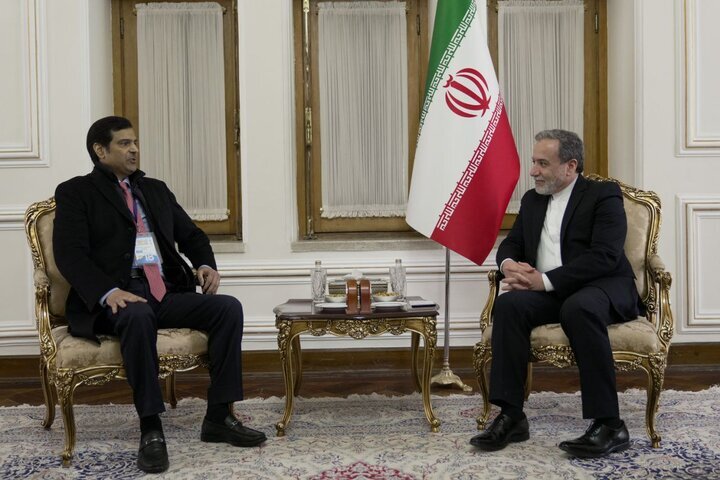Centenarian Samineh Baghcheban Celebrated in Tehran: A Tribute to a Remarkable Life
In a heartwarming ceremony held on Thursday evening at the House of Humanities Thinkers in Tehran, the remarkable contributions of Samineh Baghcheban, a prominent Iranian educator, were celebrated. This event not only honored her legacy in the realm of education but also highlighted her pivotal role in the cultural landscape of contemporary Iran.
Ali Rabiei, the aide to the president for social affairs, opened the ceremony by emphasizing Baghcheban’s profound impact on folk literature and cultural movements in Iran. He stated, “She is a distinguished figure in the field of education, especially for hard-of-hearing and deaf children. She made a major contribution to the development of education.”
Rabiei further elaborated on Baghcheban’s commitment to children’s literature, asserting that it serves as a crucial tool for the cultural and social development of future generations. He described her as a role model for women aspiring to make a significant impact in social and cultural domains, saying, “Perhaps no word better describes her than ‘commitment.’ She is a mother to society and even a mother to Iran. She began with education at home and expanded it nationally.”
“Samineh Baghcheban was not just a teacher — she was a cultural pioneer. Her leadership, teaching, writing, translation, and involvement in establishing institutions for the deaf all testify to her brilliance, perseverance, and commitment,” Rabiei added.
Fatemeh Mohajerani, the government spokesperson, also expressed her admiration, stating, “I’m honored to be here among you to pay tribute to a teacher.” She read a heartfelt message from President Masoud Pezeshkian, who praised Baghcheban’s lasting contributions to Iranian culture, children’s literature, and education for the hearing impaired.
In his message, President Pezeshkian acknowledged Baghcheban’s vital role in preserving and promoting Iran’s intangible cultural heritage through her collection of stories, folklore, and songs. He noted that her work has led to significant advancements in children’s literature.
Moreover, the president pointed out that Baghcheban’s name, alongside her father Jabbar Bagcheban—who was instrumental in founding the first school for the hearing impaired—will continue to inspire future generations.
Adding to the tributes, Salar Ghasemi, head of the Special Needs Education Organization, remarked, “Samineh Baghcheban worked alongside her father to educate the children of this land. I’m pleased to announce that we plan to establish a Museum of Culture and Education of Baghcheban soon.” He affirmed the lasting efficacy of Baghcheban’s teaching methods, stating, “We currently have ten thousand deaf students, and we still haven’t found a better alphabet than the one Baghcheban created.”
Mirza Jabbar Asgarzadeh, known as Jabbar Baghcheban, was the visionary behind Iran’s first kindergarten and school for deaf children in Tabriz. He was also the inventor of the Persian language cued speech. The first kindergarten he created was named “Baghche-ye Atfal,” meaning “children’s garden,” which led to him being affectionately referred to as baghcheban, or ‘gardener’ in Persian.
His pioneering efforts continued with the establishment of a school for the deaf in 1924, adjacent to his kindergarten. By 1928, he authored “Baba Barfi,” the first children’s book written in Persian.
Later in the ceremony, Mohsen Loh-Mousavi, President of the National Association of Sign Language, shared insights about the legacy left by the Baghchebans. Using sign language, he praised Jabbar Baghcheban’s foundational work in deaf education and highlighted Thamineh Baghcheban’s leadership, which she maintained until 1979. He implored others to remain steadfast in their commitment to education, stating, “I learned my craft from the Baghchebans, and I urge others not to give up and continue their path.”
The ceremony culminated in a celebration of Thamineh Baghcheban’s 100th birthday, which she graced with her presence on stage. In her brief yet poignant speech, she reflected, “I have spent my life loving and serving the deaf. If I had another chance, I would choose the same path.”
Baghcheban, born in 1925 in Tabriz, Iran, pursued her education at Teachers College in Tehran and later received a Fulbright scholarship for further studies in the United States. She completed her Master’s degree at Smith College in 1953, a testament to her dedication to education.
With over six decades devoted to teaching and developing the Baghcheban method of Persian language instruction, she has authored numerous elementary school textbooks used throughout Iran and written children’s books for both hearing and deaf children.
Her father, Jabbar Baghcheban, was a pioneer in modern Iranian education and established the first kindergarten while also developing a unique phonetic hand alphabet for deaf education. Under his mentorship, Samineh continued his legacy, producing textbooks, professional papers, and translations of several works from English into Persian.
Samimeh Baghcheban’s life is a profound testament to the power of education and commitment to cultural heritage, leaving an indelible mark on Iranian society.
